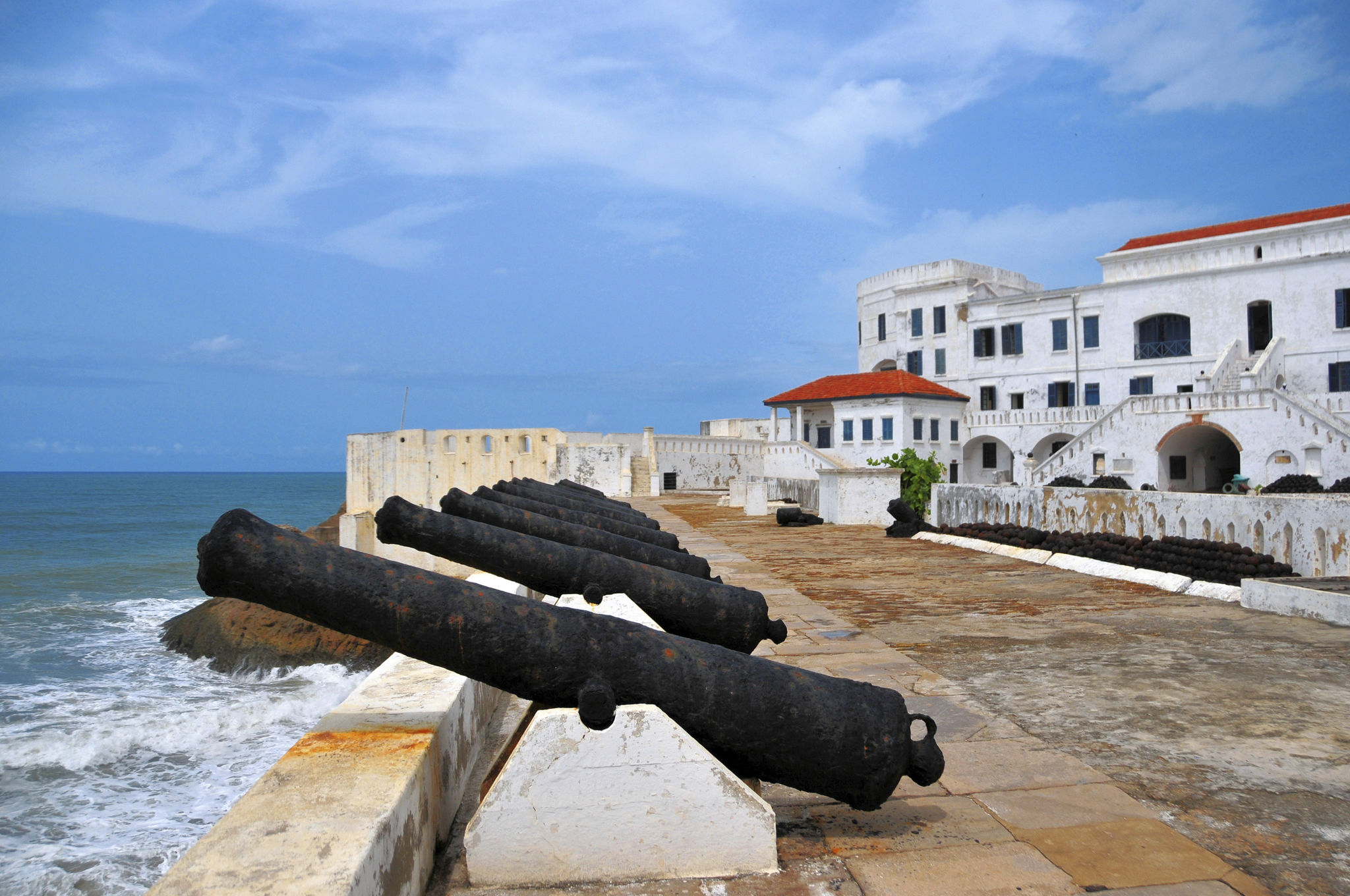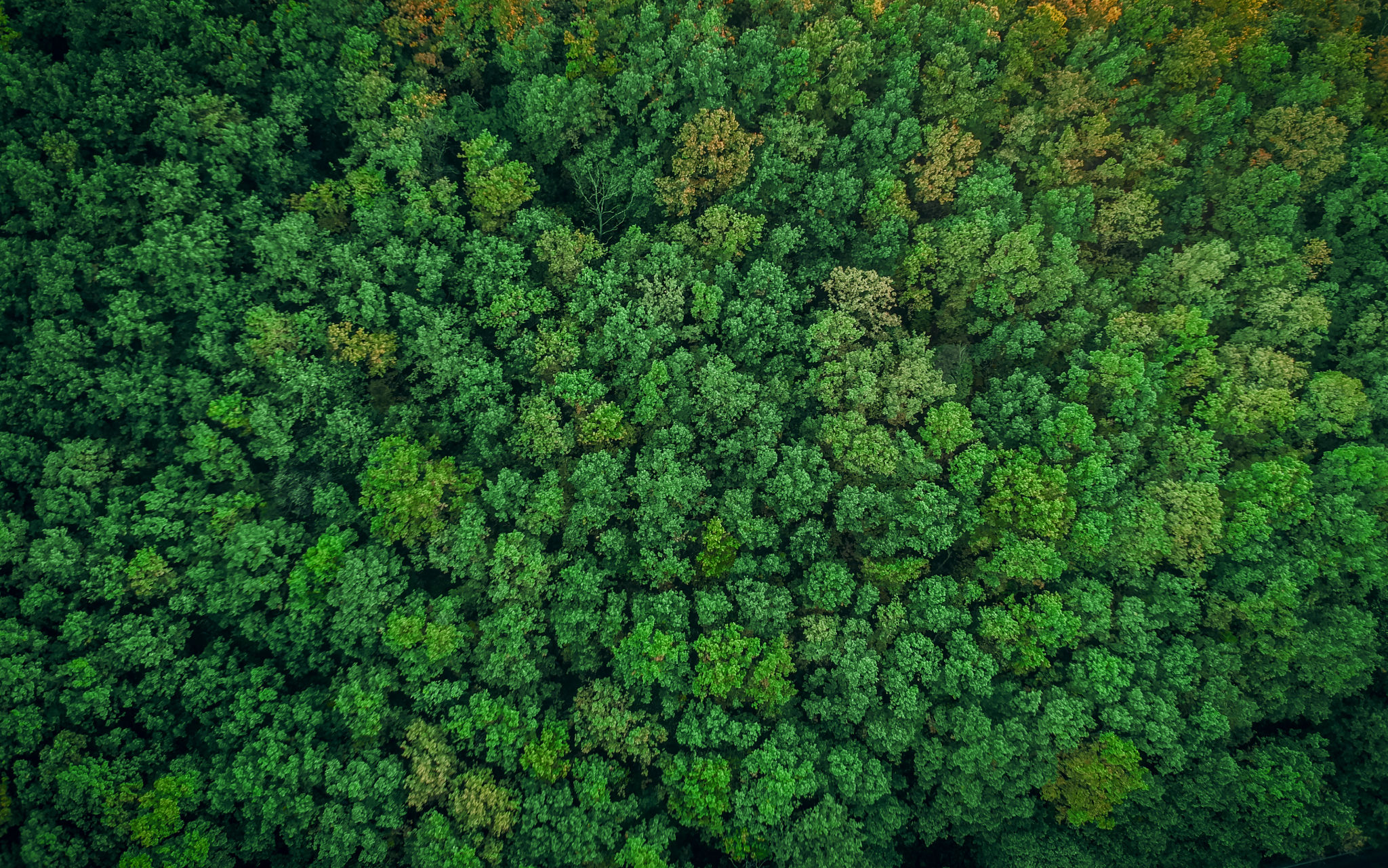The Role of NGOs in Protecting Ghana's Coastal Ecosystems
Introduction to Coastal Ecosystems in Ghana
Ghana's coastal ecosystems are vital to the country's biodiversity, economy, and cultural heritage. Stretching alongside the Atlantic Ocean, these areas include mangroves, estuaries, and sandy beaches which provide essential habitats for marine and terrestrial species. However, these ecosystems face numerous threats, such as pollution, overfishing, and climate change.
The degradation of these environments not only impacts wildlife but also the livelihoods of local communities who depend on them. As such, the need for effective protection and sustainable management has become increasingly urgent.

The Role of NGOs in Conservation Efforts
Non-Governmental Organizations (NGOs) play a crucial role in safeguarding Ghana's coastal ecosystems. By working alongside government agencies and local communities, these organizations implement projects that aim to restore and protect these vital areas. Their efforts focus on various aspects, including environmental education, conservation initiatives, and advocacy for sustainable practices.
NGOs often serve as a bridge between policymakers and local communities, ensuring that conservation measures are both effective and culturally appropriate. By fostering collaboration and dialogue, they help create a unified approach to ecosystem preservation.
Environmental Education and Awareness
One of the primary objectives of NGOs is to raise awareness about the importance of coastal ecosystems and the threats they face. Through educational programs and workshops, they empower communities with knowledge about sustainable practices that can protect their environment. Schools, local organizations, and community groups are often involved in these initiatives to maximize their reach and impact.

Conservation Projects and Initiatives
NGOs spearhead numerous conservation projects that target the restoration and protection of coastal areas. These projects include reforestation of mangroves, which are critical for preventing coastal erosion and providing habitats for marine life. Additionally, NGOs work on cleaning up beaches and reducing pollution by organizing community clean-up events.
- Reforestation of mangroves
- Beach clean-up campaigns
- Reduction of marine pollution
By implementing these projects, NGOs help restore the health of coastal ecosystems and enhance their resilience to climate change.
Advocacy for Sustainable Practices
Advocacy is another significant component of NGO work in protecting Ghana's coastal ecosystems. These organizations lobby for policies that promote sustainable development and conservation efforts. By highlighting the importance of these ecosystems at national and international levels, NGOs strive to secure funding and support for long-term conservation strategies.

Challenges Faced by NGOs
Despite their successes, NGOs encounter several challenges in their conservation efforts. Limited funding often restricts the scale and scope of their projects. Additionally, conflicting interests between development projects and conservation efforts can hinder progress. NGOs must continuously adapt their strategies to overcome these obstacles while ensuring that conservation remains a priority.
Moreover, engaging local communities effectively can be challenging due to varying levels of awareness and interest in environmental issues. Building trust and fostering cooperation are key to overcoming these challenges.
The Future of Coastal Conservation in Ghana
The role of NGOs in protecting Ghana's coastal ecosystems is indispensable. As these organizations continue to implement innovative solutions and engage with local communities, the future looks promising for the preservation of these vital environments. By working together with governmental bodies and other stakeholders, NGOs can help create a sustainable balance between development and conservation.
The continued success of these efforts hinges on increased support from both national and international sources. With greater investment in conservation projects and sustainable practices, Ghana's coastal ecosystems can thrive for generations to come.